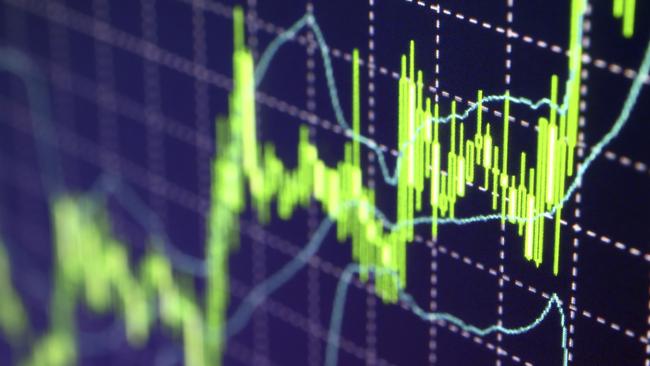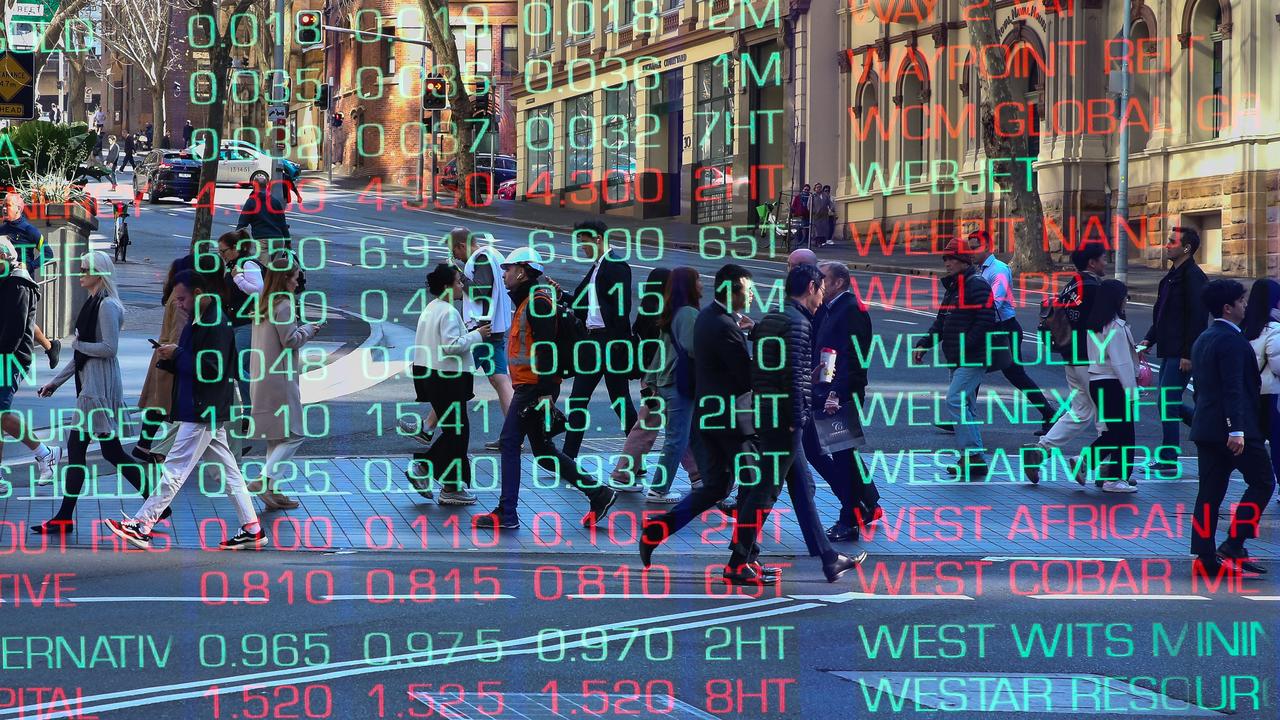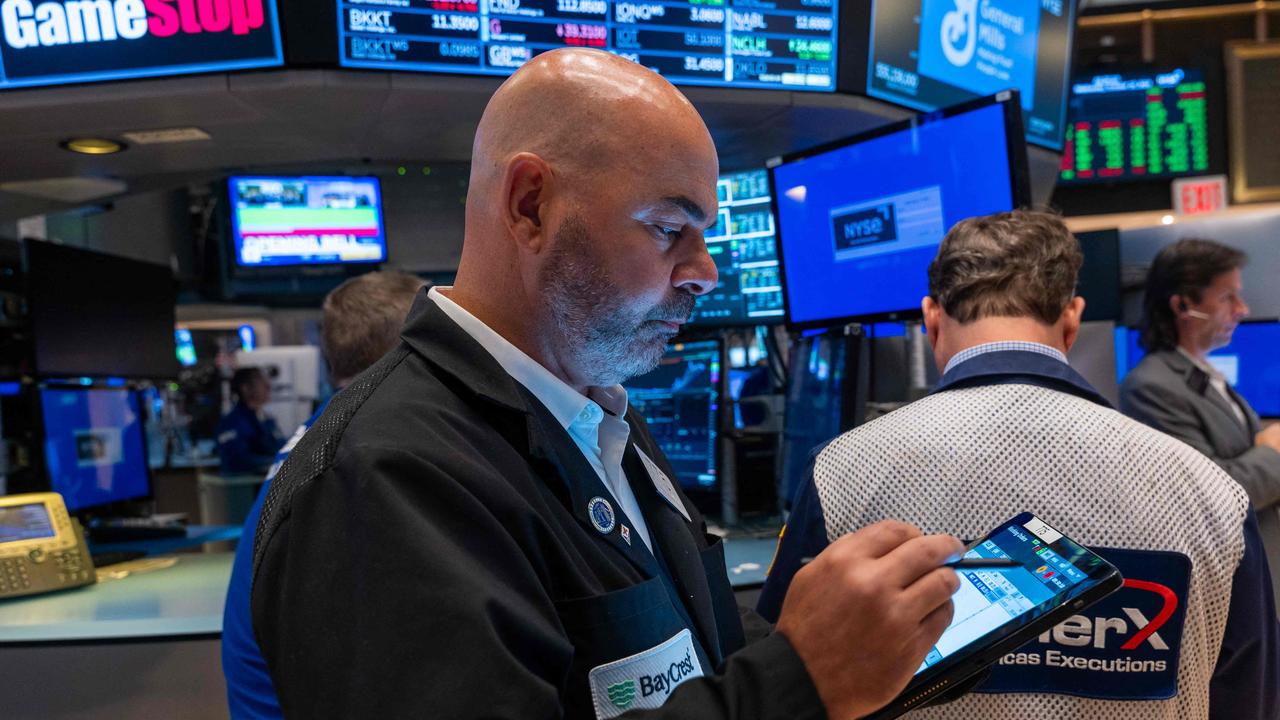Borders, Covid, China: What global investors are asking Canberra
The government’s funding arm faced questions over the impact of Covid-19 lockdowns, vaccination rates and trade tensions.

Global investors have queried the government’s funding arm over the impact of Covid-19 lockdowns, a relatively low vaccination rate, the deteriorating trade relationship with China and a slowdown in population growth.
In recent talks with some of the world’s major central banks, hedge funds, insurers, pension funds and banks, the Australian Office of Financial Management fielded questions on a range of pandemic-related issues – including whether slower population growth may tighten the jobs market – as well international trade, while touching on Australia’s environmental and climate-related commitments.
The AOFM uses the roadshows to borrow tens of billions of dollars to fund Canberra’s budget shortfall. Fixed interest fund managers generally have a extremely low appetite for risk which makes the sessions a sounding board for the mood of global investors.
Australia has nearly $840bn bonds and treasury notes on issue, with 54 per cent held by offshore investors.
Following the May budget offshore investors were generally upbeat on the outlook for the Australian economy amid an improvement in the budget position and forward projections compared to the mid-year economic and fiscal update last December.
But as the meetings progressed, discussions focused on “both upside and downside fiscal risk” – the latter brought about by the recent resurgence of Covid-19 due to the spread of the Delta variant and lockdowns in some parts of Australia, including Sydney and Melbourne.
The AOFM noted that the budget forecasts assume a completed population-wide vaccination program by the end of 2021, and it said given the recent increase in vaccination rates and increased supplies negotiated by the government, “this assumption remains credible”.
While the budget assumed a gradual return of migrants and foreign students from mid-2022, the “assumption most at risk is that there would be no extended state border restrictions, and that although there would be localised outbreaks of Covid-19, they would be contained”. “As the situation in Sydney persists – and possibly worsens – and there are material risks to other major centres – for example Melbourne – this will require unbudgeted fiscal support and create a deterioration in tax revenues,” the AOFM warned during the meeting with investors.
“There are outlay contingencies in the budget but not to cover widespread extended lockdowns.
“There are no explicit assumptions in the budget for declining trade with China, although arguably a conservative forecast for nominal GDP in the budget driven by a forecast decline in the terms of trade provides some level of ‘cushion’,” the AOFM said.
“Notably, the latest ABS trade data shows that exports in key commodities remain at or above record levels.”
After hitting a record high of $US233 a tonne in May, the spot iron ore price dived to an eight-month low of $US129.25 in August before recovering to about $US159 a tonne.
AOFM chief executive Rob Nicholl said offshore investors “maintained their ongoing scrutiny of Australia’s sovereign debt outlook”, in the annual briefings which were conducted from July 13 to August 5.
“We haven’t seen any change in the structural interest in the Australian market and nor do we have any concerns about ongoing support for our issuance programs or the sovereign market,” he said.

With extending lockdowns in Sydney and Melbourne, offshore investors were “wondering about the extent to which the budget forecasts would be challenged by the situation”.
“But I wouldn’t call it ‘concern’,” Mr Nicol told The Australian. “Even what we’re going through now looks a bit light compared to what some places have been through.
“It’s a curiosity more than anything and these guys have an opportunity to ask questions so that’s what they do, but to be honest I was surprised at how relaxed people were about the prospect even of some deterioration in the outlook.”
He said the reason for that was probably based on overseas experience and the fact that Covid-19 vaccines were now available, whereas 12 months ago the outlook was uncertain.
“They can marry our experiences here, even in what’s an earlier stage of the vaccine rollout, compared with their experiences in Europe and elsewhere, given they’re much more advanced.
“The science suggests there’s no reason to believe that our experience will be radically different to what they’re experiencing overseas. Their view is that there’s still a bit of uncertainty about this – breakthrough infections and vaccinated people transmitting the virus – but what will that lead to?
“It won’t lead to the equivalent of what we’re going through now but it might lead to some short, localised lockdowns, and that’s not a big deal from their point of view because it’s not going to affect the whole economy. Remember, they think of it from a country point of view.”
About a third of the 50 or so meetings held with these key offshore investors included a discussion of environmental, social and governance issues and the AOFM also provided a summary of the Australian government’s main climate change commitments, policies and programs.
The AOFM noted that many investors had specific “green bond” mandates and would have demand for any such bond issued by the federal government.
But “some investors are more focused on the ESG credentials of the sovereign as an issuer” rather than any potential for it to decide on issuing green bonds per se.
“An increasing number of investors are signatories to climate-related investor agreements in which they are required to report on the overall ‘climate performance’ of their portfolios,” the AOFM said.



